
‘Sorry, Baby’: What Does It Mean To Live With Trauma?
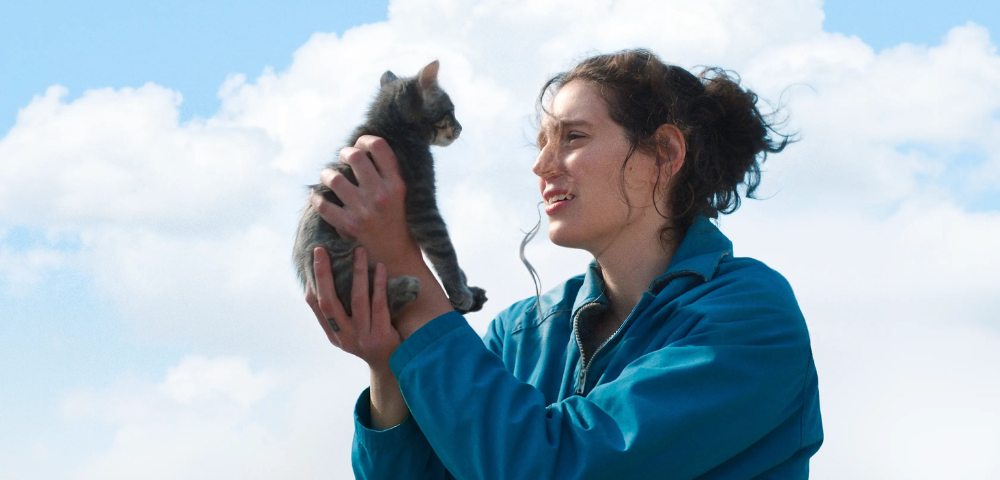
Content warning: This review of Sorry, Baby contains discussion of sexual assault.
From the very opening moments of Eva Victor’s Sorry, Baby, it’s obvious that something has happened to Agnes. We’re not sure what or when at first, but it’s immediately apparent in subtle ways; it’s apparent from the way her visiting bestie Lydie makes references to a past event in vague terms, and squeezes her hand at a particularly awkward reunion dinner with college classmates when their professor is mentioned.
By starting in the present, Sorry, Baby sets itself apart from other movies about trauma. Eva Victor’s film, which they direct, write and star in, is deeply successful precisely because it has no easy answers. Despite the indescribably terrible thing that has happened to her, life continues for Agnes as a literature professor and those around her, and this is a film that delves into what “moving on” means, if anything.
Sorry, Baby exists in a strange limbo state between realism and movie dialogue that actually helps make it feel more personal. Victor’s slightly heightened script belies a deep understanding of the subject at hand that’s sure to resonate with people who’ve experienced major trauma, or have known somebody who has.
As the film’s lead creative force, a lot rests on Victor’s abilities to direct, write and act, but the film excels on all fronts. It’s moving, uncomfortable and funny at different times, creating a simulacrum of what it’s like to live with trauma through its non-linear narrative structuring and Mia Cioffi Henry’s beautifully cold cinematography.
Sorry, Baby feels as much like remembrance as storytelling
Indeed, the film feels as though it is an act of remembrance as much as it is storytelling. Despite its dark subject material, it’s capable of finding humour and truth in how inadequate systems are at handling serious matters like assault, like in scenes with university staff or particularly unpleasant doctors.
It helps that Victor really shines as Agnes, and they’re joined by a cast of great actors that add substantially to the film’s sense of realism. Naomi Ackie is stellar as Lydie, and the chemistry that she and Victor have as performers makes them really feel like best friends that unequivocally support one another.
Other characters in Sorry, Baby have a much smaller role, but are all instrumental. Louis Cancelmi is uncomfortably good as Agnes’ professor and instigator of pain, giving the character a frighteningly realistic view of men who do awful things to women. Lucas Hedges is rather entertaining to watch as neighbour Gavin, and John Carroll Lynch steals the show with his single scene as sandwich store-owner Pete.
It means that Sorry, Baby is a richly realised work packed with genuine insight and observations on what it is to live with a traumatic event after it happens. Its specificity is one of its greatest strengths, and is a particularly strong directorial debut from Eva Victor that marks them as a voice to watch out for.
★★★★½
Sorry, Baby is in cinemas now.


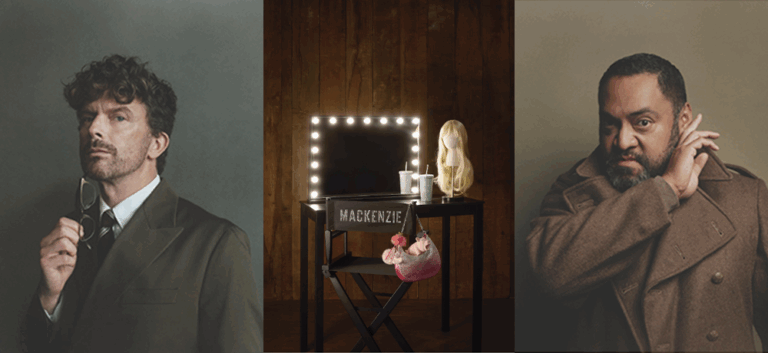
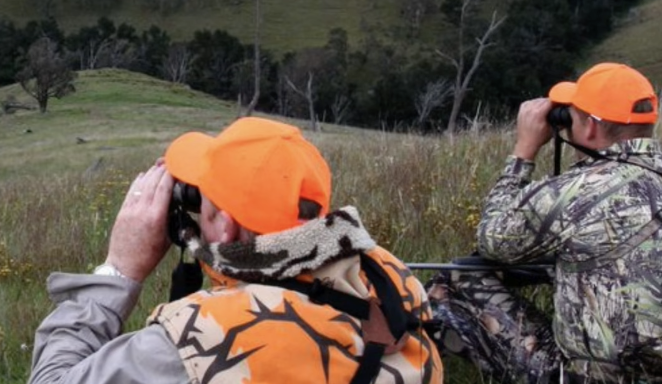
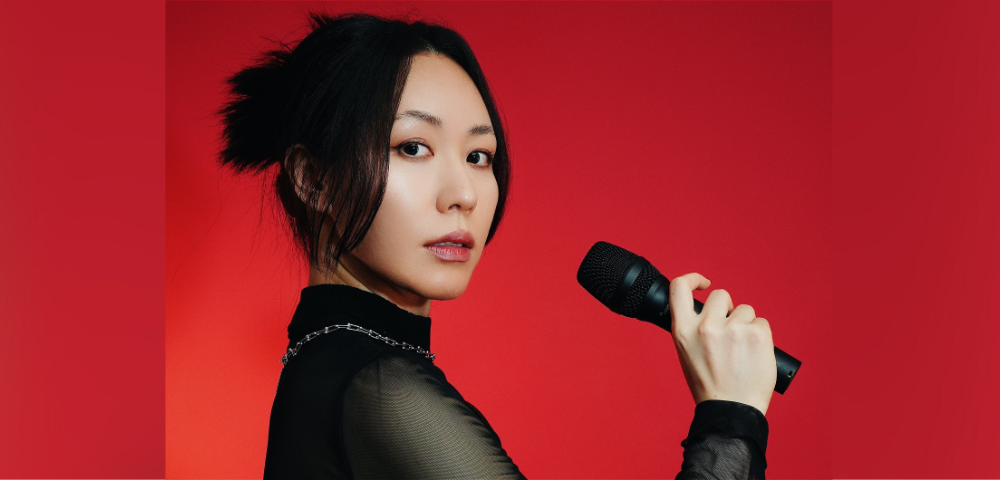
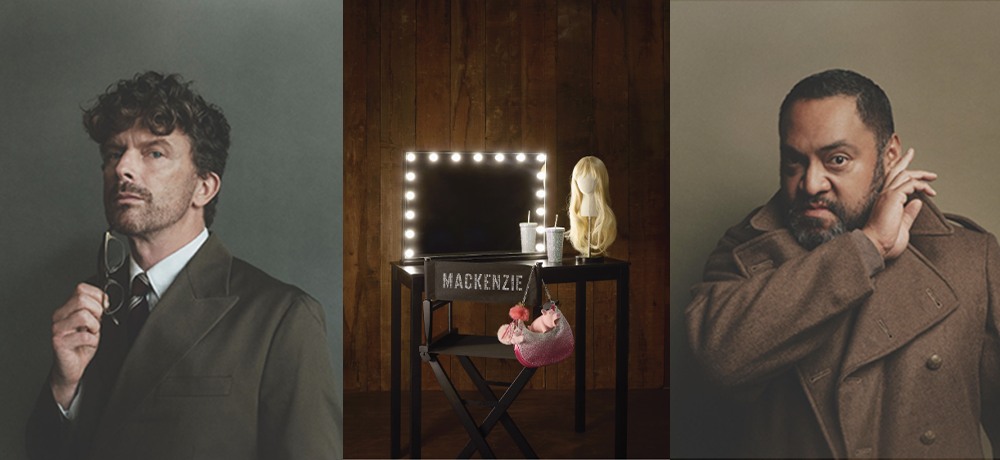

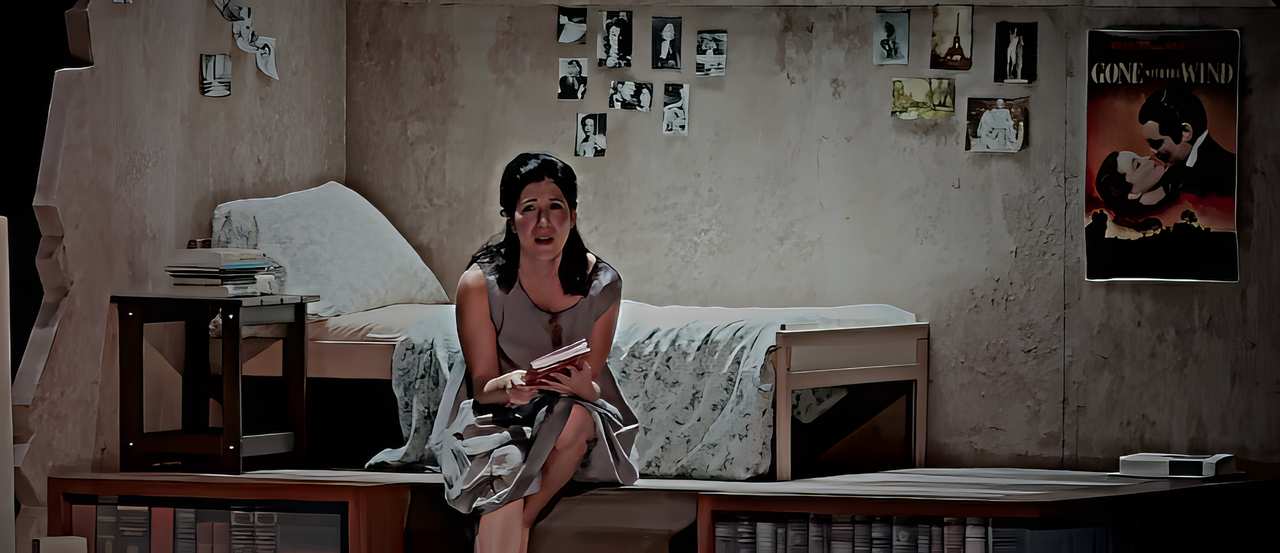
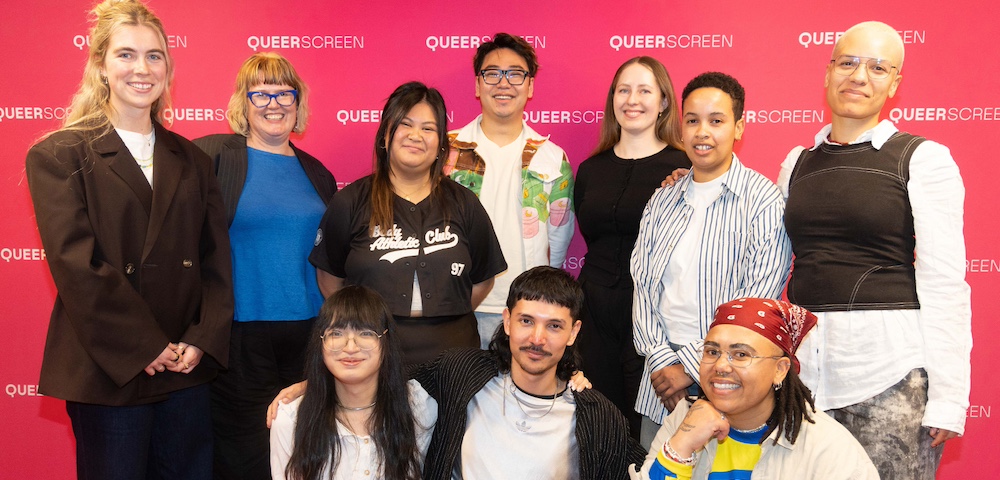

Leave a Reply